Like watching a master artist at work, Titus Kaphar's feature directorial debut Exhibiting Forgiveness paints a picture about overcoming generational trauma that is powerful, refined, and beautifully poignant.
Exhibiting Forgiveness Review
Telling a story about generational trauma that avoids the pitfalls of either having its characters overcome it too easily or leaving a family broken forever is no easy task. While these two outcomes generally make movie making easier, they aren't generally indicative of real life. In reality, trauma is something we will work through continuously. Some days are easier than others but healing is never a linear journey. When that darkness stems from family issues, it takes on a life of its own as family is something we rarely can get completely away from. With all that in mind, I was curious how Kaphar, an internationally admired painter, would approach this task. If you have seen his Shut Up and Paint (shortlisted at the 95th Academy Awards), then you know his filmmaking is very much an extension of his painting.
Exhibiting Forgiveness sees Kaphar paint a picture about generational trauma that is powerful, refined, and beautifully poignant. His intentions are not to give the audience heartfelt reconciliation nor a permanent falling out. But rather hope that by accepting the truth, as messy, triggering, and brazen as it can be, we can find a path forward to heal. Kaphar knows when to let moments breathe and when to tap into the raw emotions that can swell up when we come face-to-face with things we would rather forget. It's a testimony to the film's brilliance that so many will see themselves in Tarrell's struggle while also being encouraged to reclaim their mental wellbeing. He challenges us to sit with ourselves and determine where we go from here in our own journeys.
Tarrell (André Holland) is a successful artist, trying to be the father and husband that his family needs. He has a loving, supportive wife in Aisha (Andra Day), and an adorable son Jermaine (Daniel Barriere). However, he still struggles with moving past painful memories of his abusive father La’Ron (John Earl Jelks). Thoughts of his childhood plague him day and night, causing him to wake up angry and sometimes aggressive. Aisha wants him to get help but right now he is consumed with helping his mother, Joyce (Aunjanue Ellis-Taylor), pack her house up so she can live with them. Joyce wants Tarrell to forgive his father, which angers him more. When La'Ron walks back into their lives, Tarrell is livid. He doesn't believe La'Ron is a changed man but at the insistence of his mother, Tarrell confronts La'Ron and in doing so faces his past.
It's clear however as the story continues that Tarrell, Joyce, and La’Ron are never going to see eye-to-eye on the reality of their family's past. Honestly, this is a bold and refreshing take for this genre because in reality we know it is damn near impossible to get parents or relatives to own up and see things for what they were. Not talking about the mess or pretending it never happened doesn't make it go away, but older generations especially were taught that was how life works. Thankfully, there are many of us who know the truth.
Generational healing isn't about demanding someone correct a past mistake. It also doesn't mean that granting forgiveness means forgetting. What it actually is intended for is to give ourselves and our children a future free of the burdens of the past. A future where they are able to feel their feelings and experience life without endless criticism or tough love. They are allowed to just be themselves and grow in a loving and nurturing environment. Kaphar gets this message across with grace and love. Never outright calling anyone a villain but making it clear that we all have a choice to make and for better or worse must deal with the consequences that follow.
Kaphar has a natural gift for storytelling which is a must for a film like Exhibiting Forgiveness, but it wouldn't have worked nearly as well without an equally strong cast. There isn't a bad performance to be found. Everyone is putting their all behind their characters. Ellis-Taylor gives Joyce a sense of strength even when everything around her is falling apart. She's loving, nurturing, yet frustrating as she continually lets La'Ron back into her life. Day's Aisha is fiery, determined, always there to hold up Tarrell when he needs it. Holland and Jelks are naturally the standouts giving award-worthy performances. Jelks embodies the regret and anguish of a man who is desperate to reconnect with his child but who still continually fights the demons within.
Holland deftly handles all of Tarrell's complex emotions, pouring his soul into all the highs and the lows of the film. He radiates the pain and anger an adult child would feel towards a father like La'Ron, all while trying to be a better man for his child. In one particularly compelling scene, La'Ron recounts to Tarrell how his father treated him growing up. Using it as an excuse for his own awful behavior. Absolutely a textbook response from abusive parents. As he tells Tarrell about his father threatening him and his mother with a gun, he still calls him a “good man.” Tarrell scoffs in disbelief because no, someone who does what that man did, what La'Ron did, are not good men. One good deed doesn't erase a lifetime of misconduct. Holland and Jelks are a masterclass to watch here, as everything comes to a head, violent outburst and all.
I would also be remiss without mentioning Ian Foreman who plays the younger Tarrell. His performance is heartbreakingly pure. Looking into his eyes you can see the sadness that haunts him as he follows his father around, doing odd jobs for money he will never see. Foreman is the soul of this film just as much as Holland and as a parent I wanted nothing more than to swoop in and save him from what was happening on screen.
Verdict
“I gave you the forgiveness but you don’t get the future,” Tarrell tells La'Ron in an emotionally poignant moment. And at the end of that, that really is the point of Kaphar's film. Exhibiting Forgiveness is about making peace with the past and not allowing it space in the future. It's easy to be like La'Ron and blame others for our mistakes, passing them on to our children, without ever putting in the work on ourselves. But true healing happens when we acknowledge our pain and choose to deal with it in a positive way, and absolutely not continuing the cycle of generational trauma. This is the type of film that is deeply affecting, therapeutic in how it approaches a delicate subject matter. It's raw yet refined. Kaphar truly has an incredible eye for filmmaking and I cannot wait to see what he takes on next.
Exhibiting Forgiveness premiered at the 2024 Sundance Film Festival. It is currently seeking distribution.
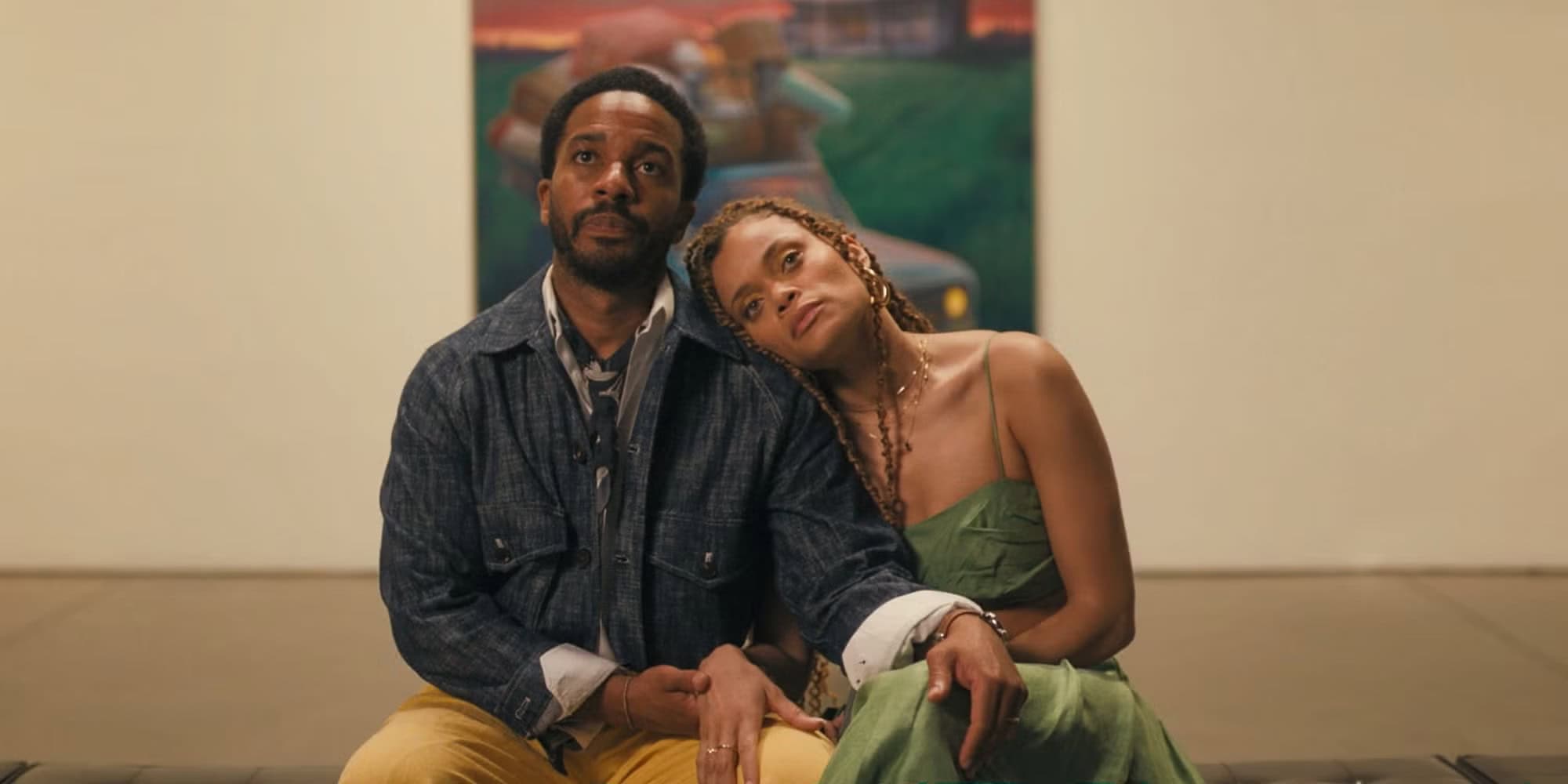
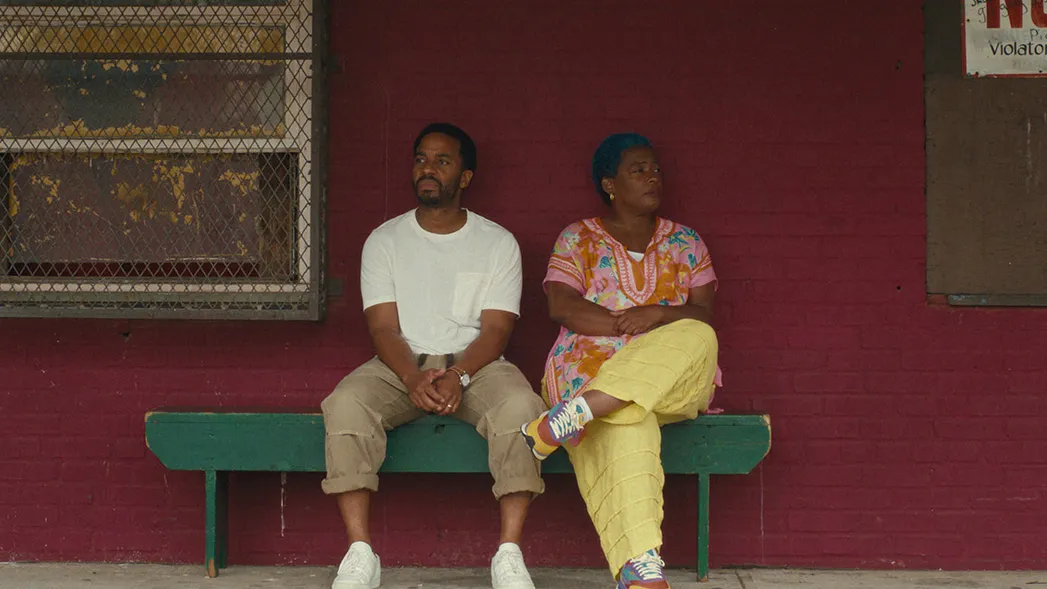
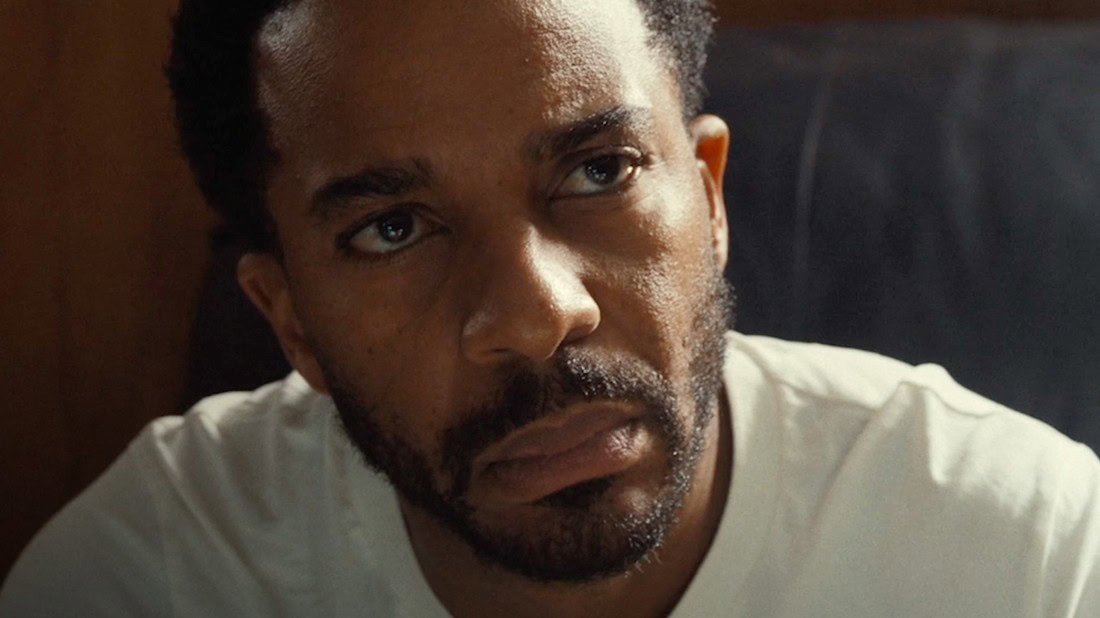

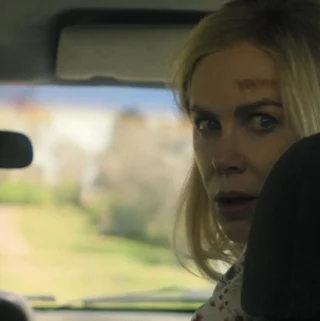
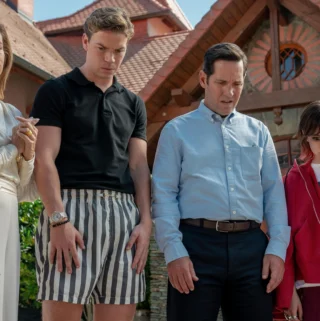

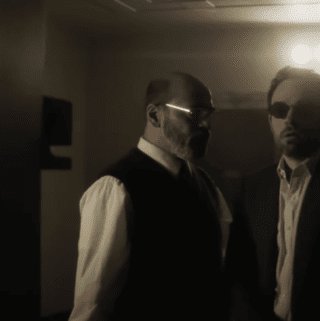

Leave a Reply